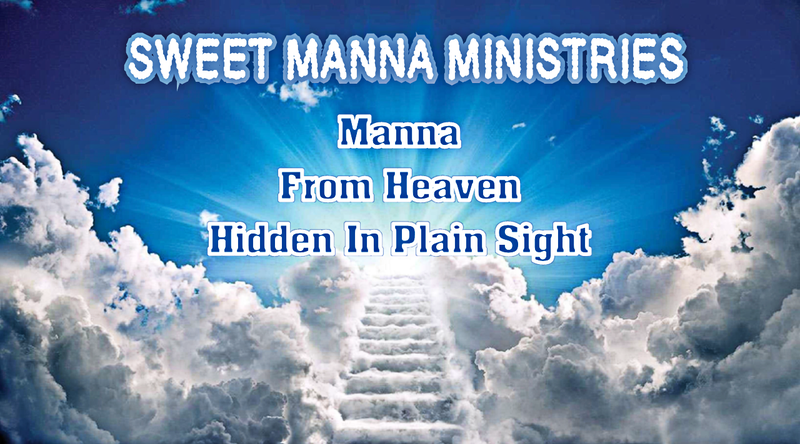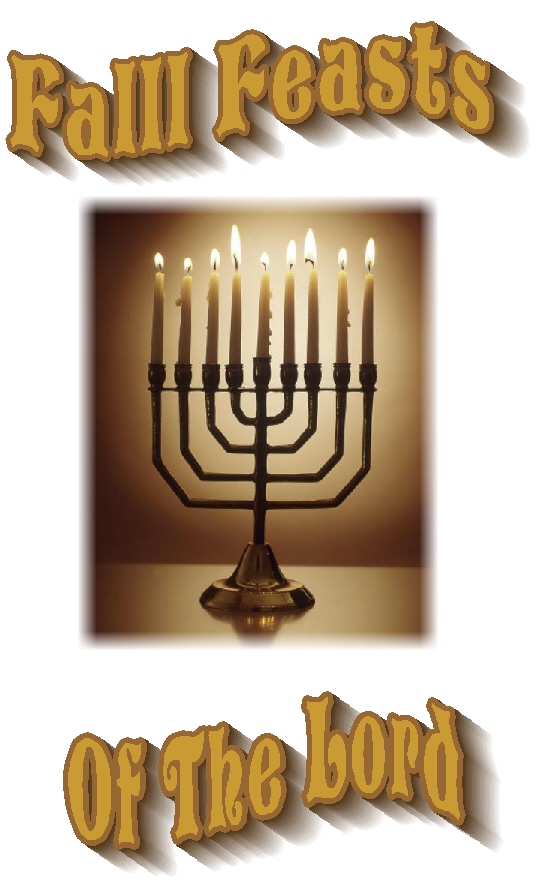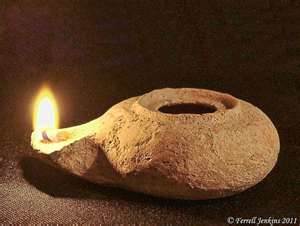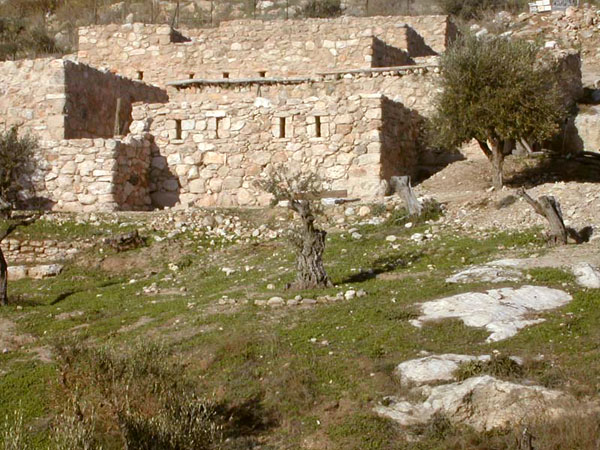The Teaching Ministry of
Rev. Marjorie Kummrow
Bible Studies
This ministry has made a choice to be "Biblically correct" as opposed to "politically correct" therefore we have forfeited the non-profit status available to us. Please note that all donations to this ministry are not tax deductible. Thank you for your support.
Bride Set Apart - Step 9 Previous Lesson
The bride was consecrated and set apart for a period of time while the bridegroom was away building the house.
The bride was to wait eagerly in anticipation for the return of her bridegroom. She never knew how long he would be gone or at what time of day or night that he would return for her. She needed to be ready for his return at all times because he could return in the middle of night or at midnight. Therefore according to her marriage contract she prepared for his coming every night.
As time elapsed and he had not yet returned, her doubts would set in and she began to wonder whether or not he was indeed going to return for her. The groom could not decide when to return to get his bride. It was the father’s decision! It was the father of the bridegroom that had to approve of the bridal chamber and make sure that all the preparations were fitting for the bride.
This is what Yeshua (Jesus) was referring to in Mark 13:32 When He said that no one would know the day or the hour, that even He, the son would not know. This would only be known by the Father.
Mark 13: 32 But of that day and hour no one knows, not even the angels in heaven, nor the Son, but only the Father.
This is again, as we have discussed before Jewish communication of hinting at something and it is called Remez. The hint is that only the father knows. What occasion does only the father know? The wedding day of this son is only known by the father. This is wedding ceremony talk and it is hinting at one of the seven feast days, Rosh Hashanah. As we discussed earlier the wedding of the Messiah is another name for Rosh Hashanah. The Jewish wedding customs point to the fulfillment that will take place when Yeshua comes for His bride. We, His bride need to make ourselves ready, for we know from the Jewish custom that He may come for us at the Midnight hour. Will your lamp be burning?
Yeshua was communicating once again, as it was His custom, with hinting at a deeper allegoric meaning by using the following parable about the kingdom of God and the wedding of the Messiah.
Matt 25: 1-13 (NKJV) "Then the kingdom of heaven shall be likened to ten virgins who took their lamps and went out to meet the bridegroom. 2 Now five of them were wise, and five were foolish. 3 Those who were foolish took their lamps and took no oil with them, 4 but the wise took oil in their vessels with their lamps. 5 But while the bridegroom was delayed, they all slumbered and slept. 6 And at midnight a cry was heard: 'Behold, the bridegroom is coming; go out to meet him!' 7 Then all those virgins arose and trimmed their lamps. 8 And the foolish said to the wise, 'Give us some of your oil, for our lamps are going out.' 9 But the wise answered, saying, 'No, lest there should not be enough for us and you; but go rather to those who sell, and buy for yourselves.' 10 And while they went to buy, the bridegroom came, and those who were ready went in with him to the wedding; and the door was shut. 11 Afterward the other virgins came also, saying, 'Lord, Lord, open to us!' 12 But he answered and said, 'Assuredly, I say to you, I do not know you.' 13 Watch therefore, for you know neither the day nor the hour in which the Son of Man is coming.
At first glance it may look as if the five wise virgins were not exercising the virtue of kind generosity, because they were not willing to share their oil with the five foolish virgins. However, a closer look reveals that there is a deeper hidden meaning in this parable. The five wise virgins had taken “oil in their vessels” and their lamps in anticipation of the bridegroom coming at any moment. The five wise virgins represents the bride of Messiah; who are ready for the wedding and able to go in with the bridegroom because in her vessel is the oil of the Holy Spirit. This deposit of precious oil that she possesses of the Holy Spirit she is unable to give to anyone. It cannot be given away. It cannot be divided and shared. It is a betrothal gift that only the bride has and it identifies her as being known by Him. There is intimacy between the bride and groom because He resides within her and has promised to never leave her or forsake her. It will be too late for those that do not have oil in their vessels when the bridegroom closes the door to the wedding. They will be like the five foolish virgins who heard the bridegroom say, “I do not know you”.
To continue with Part 10 of this series, click on The Bridegroom Returns
In His Service,
Rev. Marjorie
marjorie@sweetmanna.org
If you have any questions, please feel free to email us.
Contact us to be put on our email list at mailinglist@sweetmanna.org or make a prayer request at prayerwarrior@sweetmanna.org
Rosh HaShanah
The Wedding
of The Messiah
Part 9 of 12
She kept her lamp that was filled with oil and her veil at her bedside so that in the event he would come for her that night, she was ready. The young woman’s bridesmaid’s who were often her sisters and in the same household, were to keep themselves ready as well in anticipation of the groom’s arrival. Her bridesmaids shared in the preparations of helping the bride with her trousseau and before she left home they would sing and pray blessings over her.
Once the father was satisfied that every thing was in order and that the son had prepared a fine place for his bride, he would then give his son permission to fetch his bride.
The time for the bridegroom to return for his bride was only known by the father.



